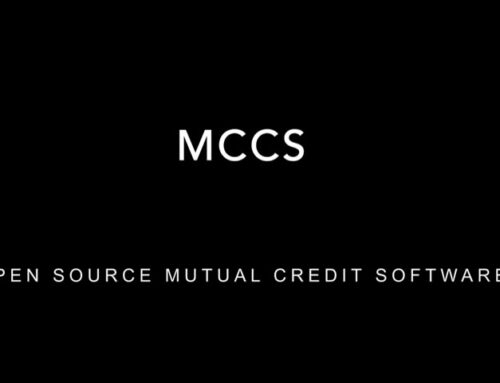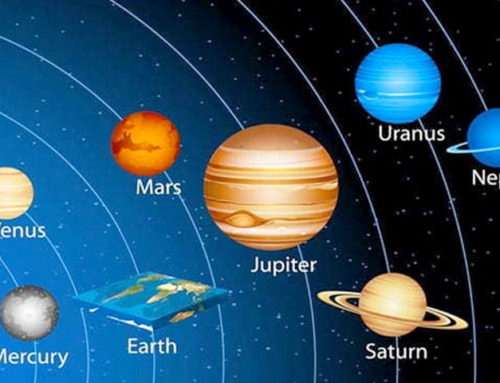Have you ever used Wikipedia? Do you know how it was written?
Wikipedia is an amazing success story which demonstrates how open source collaboration can trump competition.
If you don’t know, Wikipedia was co-written by hundreds and thousands of unpaid editors who co-created all the various articles and pages, which were fact-checked and are constantly augmented and updated by hundreds of thousands more editors and readers.
The “open source” nature of Wikipedia, enabled people to collaborate and usurp the ‘traditional’ de facto reference volume, Encyclopedia Britannica, by creating a more up-to-date and effective solution.
The FOSS (free and open source) model, which encourages collaboration to produce more effective results which benefit everyone, has many other success stories and has produced some amazing products such as the Firefox web browser, and Linux which powers the majority of the internet.
So, if open source software can crack institutional power and usurp the dominant, centralised model – can the same theory be applied to money to change the entire economy?
At The Open Credit Network we believe the key to building an egalitarian money system is FOSS software combined with cooperative governance.
Many crypto-currency projects have described the ways in which they aim to ‘decentralise’ money and power. But decentralised tech isn’t likely to bring about social change, still less if the founders control the tech in hope of enriching themselves.
Democratic governance means that the members can participate in decision making in the organisation. The idea is not new – in fact democratic, member-owned and governed organisations have existed for hundreds of years and are commonly known as cooperatives. Any organisation that subscribes to the cooperative values and principles can be a cooperative. Their main distinguishing factor, from other types of organisation is that they give each member a vote.
As far as we are aware, there has never been another mutual credit network, anywhere in the world, that has been run using free and open source software and cooperative governance. If you know of one, please let us know, because we’d probably like to partner with them to co-create the global credit commons!
We believe these two critical elements set The Open Credit Network apart and give it a unique chance of success. Other, privately-owned and governed credit networks can and do work, but ultimately with their profit-making objectives and closed source, proprietary systems they will always need to charge more and will never benefit their members in the same way as a cooperative network.
The open source and democratically-governed elements of The Open Credit Network make it unique – and will hopefully provide the magic sauce to make it succeed.
If you would like to find out more about joining, collaborating, or setting up your own copy of our code please get in touch, we look forward to co-creating the new economy with you.





